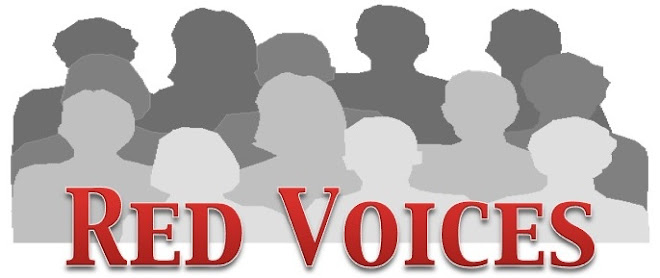By Rob Hightower
California is at a crossroads. It has been said before—but not in generations has California found herself in the dire straits it is in today. Not since Sacramento was caught in the clinched fists of the railroads, has California needed such drastic change as it does today. Not since the post-Watergate years have California voters been as apathetic and distrusting of government as they are now. Not since the Depression has California and our nation faced such financial despair.
Almost a century ago a young former prosecutor took over the reigns of California’s government. Hiram Johnson sought to do what no one dreamed possible: to kick the railroad company bosses out of the pockets of Sacramento. He did it. Not with the backing of Sacramento political hacks; but with the people. Governor Johnson recognized that legislators were out of touch with the needs of regular Californians. He took his message to the streets of San Diego, Fresno, Bakersfield, Riverside, Stockton, and, yes, even Sacramento.
Voters are in the same mind-set as they were so many years ago. The current governor proclaims to be the People’s Governor—but is sorely uninformed as to what really drives the needs and desires of everyday Californians. Revenue enhancements and deficits are not what Californians concern themselves with night after night. California voters have real-world concerns and the solutions are painfully obvious, but notoriously difficult for entrenched legislators to enact. They are simple—and it is time that we, as voters, take back our state with the same solutions that we use at home to get our house in order and prioritize the things that matter most.
Priorities. This is the appropriate word—not “cuts.” The reason: when times are tough, the average family must prioritize before deciding the areas to become more frugal. For most, these basic, unwavering, priorities are easy: food, clothing, house, car. But they really apply in a broad sense to every family: livelihood, security, and necessity. Our legislative and budgetary goals must reflect this in the same sense as the family checkbook does.
We must keep our streets safe. Like clothing and a home, without being secure and not left to suffer in the cold, we are nothing as a people. We leave ourselves vulnerable to attack and weak in times of when we need strength the most. We must protect jobs—like food into the body, depriving Californians of their hard-earned jobs leaves them helpless and in need of outside assistance. We must invest in the tools that encourage productivity and channels of innovation. Like every Californian who must keep the family car, we too must ensure that the modes of commerce remain protected an open.
So, what does this mean when it comes to fiscal policy? It is really quite basic. Public safety, business, and transportation. When these priorities are funded primarily—all other social concerns become less and less burdensome on California taxpayers. The budget drainers – government-backed health care, education, welfare, the environment—can all become remedied by creating a solid foundation on those three priorities.
By reducing the crime rate and making our streets safer we provide a better environment for children to learn, make them recognize the impact getting an education can have and reducing the appeals of gangs. All the while, reducing the costs of future violence—as many scholars have noted that crime can often become cyclical unless dealt with earlier on in life.
If we foster business and encourage entrepreneurship by way of offering tax credits we provide a genuine incentive for companies to offer services like retirement plans and lifetime health coverage. By telling businesses that California is both a business and eco-friendly atmosphere, we make companies a part of the solution—rather than placing the blame at their feet. Making business a partner in the social fabric of our state will bring employers back to California—thereby increasing tax revenue, reducing unemployment, and creating a happier, healthier workforce.
Placing our money in transportation to repair broken and battered freeways, reducing tolls, and allowing businesses to move into suburban areas not only sends a message that we are serious about economic recovery, but also provides Californians with an easier road (literally) back to a career. We make earning money—whether it be for the line assembly worker or the company as a whole—simpler and smoother by investing in infrastructural projects. All of this will provide a quicker means of increasing revenue to the state treasury.
These must, and should be, California’s priorities in times of economic hardship. When drafting budget proposals in these few difficult years, the above priorities come first—to get California moving again as we approach the future: California in 2020. Without getting this right—we risk too much.
The status quo has hurt us too long and at too high of a cost. Like the railroads some 100 years ago, California is once again gripped by special interests. It is time we take back our state, establish what will fix it, and leave the rest to the skill and wisdom of those who made our state great—the everyday Californians. California 2020 can and should be a bright place—the true shining city on a hill in America.

No comments:
Post a Comment